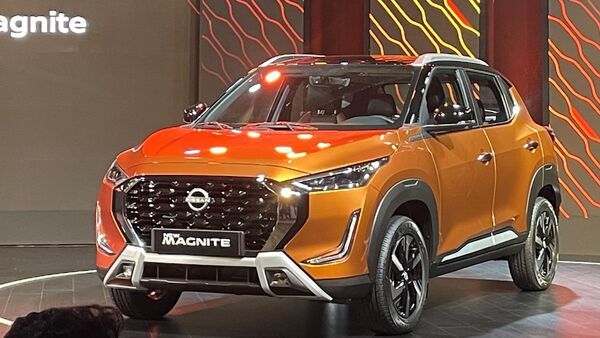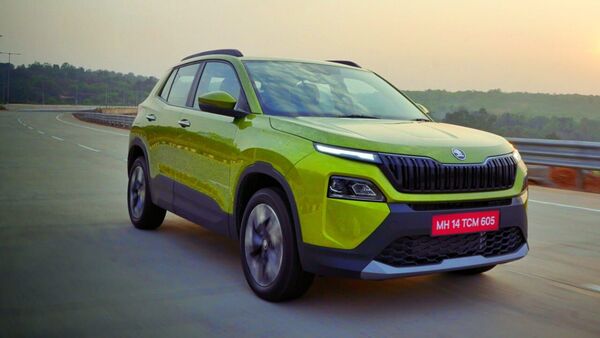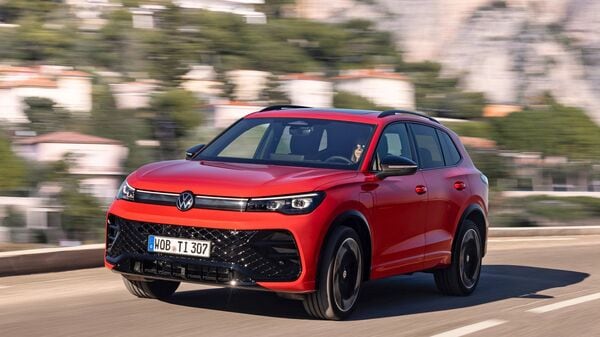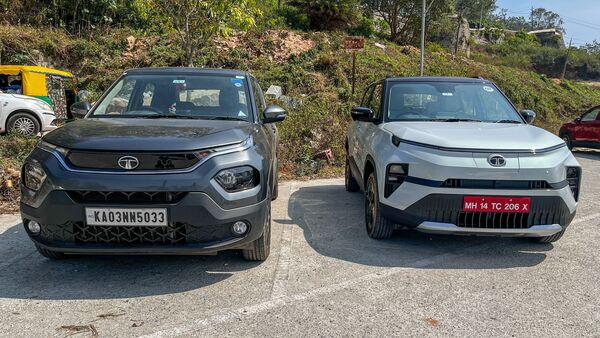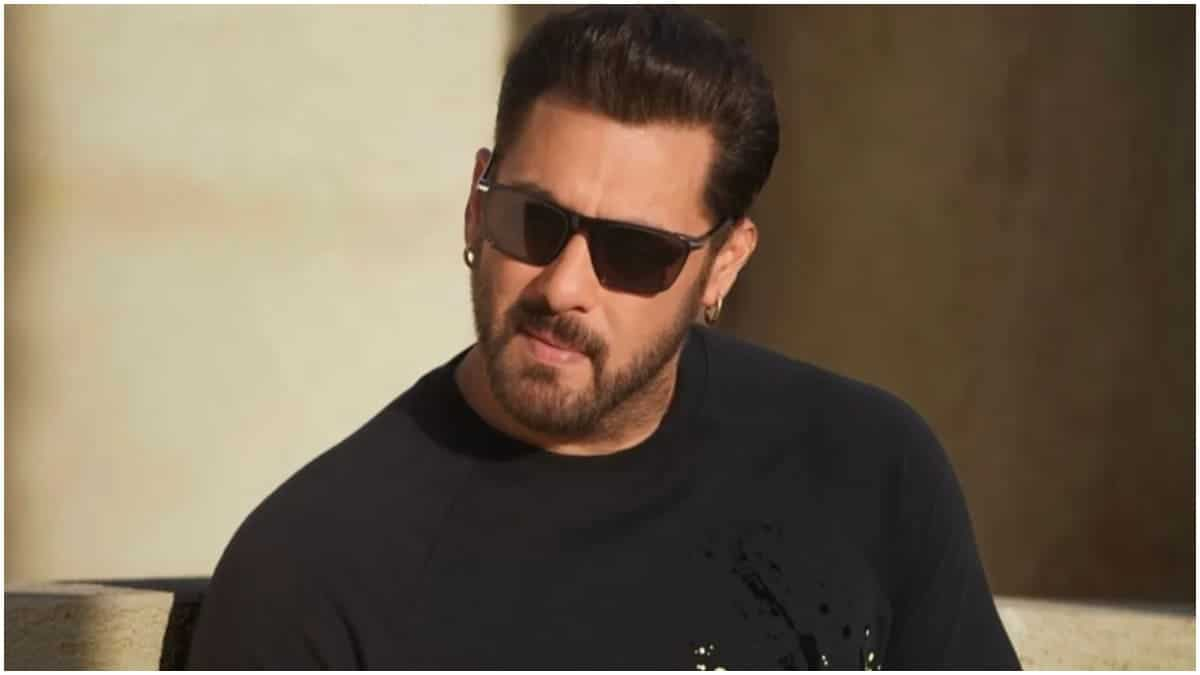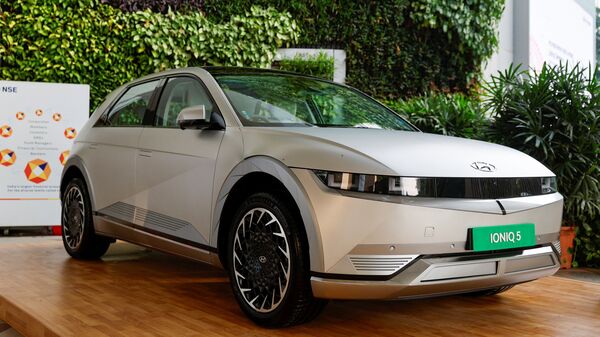
Hyundai stock goes beyond market dynamics to put spotlight on future India plans
5 months ago | 5 Views
Hyundai Motor India made its debut at the Bombay Stock Exchange (BSE) on Tuesday. The largest public offering in the country's history, the shares closed the day at ₹1,820, down from a listing at ₹1,931 per share. But for a company that has called India home for nearly three decades, assessing the initial faring at the D-Street may be jumping the proverbial gun.
The listing worth a whopping ₹27,870 crores has been the talk of the town with parent company Hyundai Motor Co. selling 17.5 per cent of its stake in HMIL through the IPO (initial public offering). Reports highlight how the company spent ₹624 crore (2.24 percent of the issue size) in numerous fees to list on Indian Stock Exchanges. Excitement and caution in near equal measures from potential investors was obvious even as many analysts pointed to the long-term value of the Hyundai IPO instead of quickfire gains.
And this possible long-term value may potentially be gauged from Hyundai's mega plans for the Indian car market.
Hyundai to increase production capacity
Hyundai officially began its India journey with a massive plant near Chennai. Operations here began in September of 1998 and over the course of the next several years, popular models like Santro, i10 and Accent rolled out from manufacturing lines. The Sriperumbudur facility still remains the biggest manufacturing hub for the company, serving as a base for manufacturing for both the domestic as well as overseas markets.
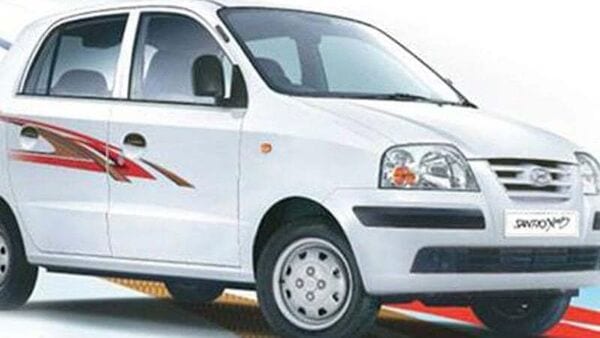
But in a bid to fend off increasing competition, the country's second-largest carmaker (after Maruti Suzuki) also acquired a facility in Talegaon near Pune, previously owned by General Motors. Operations are scheduled to start from next year onwards with company officials confirming investments of ₹6,000 here. “Our current capacity is 8.24-lakh units per annum. With the acquisition of the Talegaon plant, 2,50,000 units will be added to our capacity, which will come in two phases - 1.70 lakh units next year and 80,000 units by 2028," said Tarun Garg, Chief Operating Officer at Hyundai Motor India.
Hyundai is looking at increasing its production capacity by 30 per cent over present levels, by 2028. Garg says this will allow the company to grow at a faster pace than the industry overall, while striking a balance between growth, profitability and market share.
Eye on electric power
Hyundai's fortunes in its initial India years was lit up by the popularity of its smaller models like Santro and i10. Over the past decade or so, the performance of Creta and Venue models have underlined how the company grasped the changing preference towards SUV body type. Garg says SUV models contribute around 68 per cent to Hyundai's overall sales in the country.
But banking on a body type alone in the ever-changing world of Indian and global automotive landscape may not be enough. And Hyundai is aware of the changes at electric pace.
At present, Hyundai is a fringe player in the Indian electric vehicle (EV) space, offering the capable but premium Ioniq 5. Tata Motors, a formidable rival, has multiple models in comparison, from Tiago EV to Nexon EV and the recently-launched Curvv EV. These models are priced anywhere between ₹8 lakhs and ₹22 lakhs (ex-showroom), and cut across body types.
But the fight is on with Hyundai confirming Creta EV for a launch in 2025. This will be followed by four more EV models by 2030. While critics may argue that the Koreans are late to the game, Hyundai appears unwilling to leave any stone upturned. And while India EV revolution has been well and truly underway, it is not yet powered by four-wheelers but two-wheelers instead.
Localisation the real mantra?
Hyundai is one of the largest car manufacturers in the country as well as the largest car exporter from here. Its offerings mostly come feature-loaded that figure high on the priority list of potential customers. Local manufacturing has helped in this regard but will the same formula work for Hyundai EVs?
The company plans to establish a battery plant in Chennai at a cost of around ₹700 crores with a stated objective of localising battery packs in order to wage a price war against the more established EV players in the market. This plant will initially have a capacity of 75,000 battery packs per annum with the possibility of increasing the figure further still.
On paper then, Hyundai is determined to play the India game stronger than ever before. There is also, perhaps, a silent acknowledgement of increasing rivalry. But with its lineup of ICE (internal combustion engine) models as well as incoming mass-market EVs, the company is positioning itself for the big strike. And the eventual fate of Hyundai shares will fall squarely on this.
(With agency inputs)
Read Also: Maruti Suzuki Swift Blitz Edition launched in India. What's special about it


